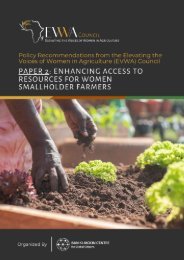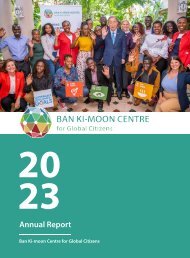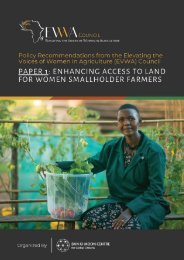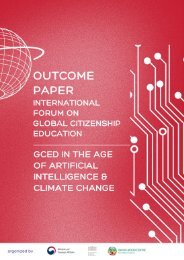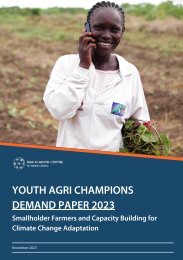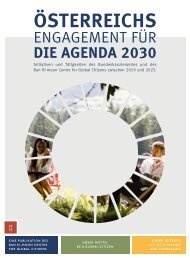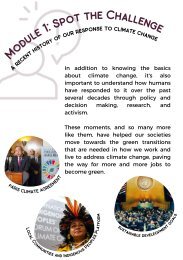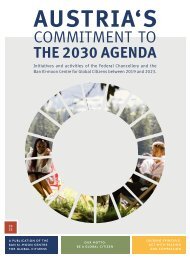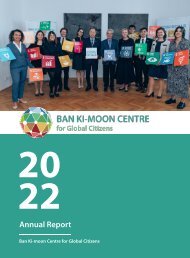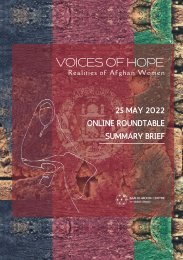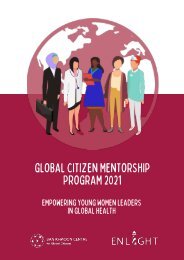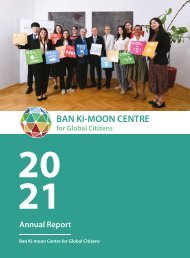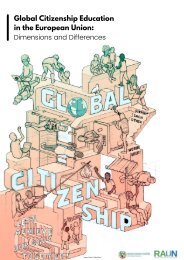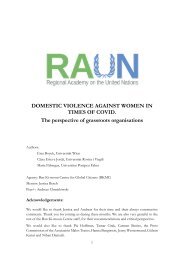Europe and North America Regional GCED Network
The report “Europe and North America Regional GCED Network” is based on a research project funded by Asia-Pacific Centre of Education for International Understanding (APCEIU) and Ban Ki-moon Centre for Global Citizens (BKMC) led by Lynette Shultz (Centre for Global Citizenship Education and Research, University of Alberta) and Massimiliano Tarozzi (International Research Centre on Global Citizenship Education, University of Bologna) as Principal Investigators. The research team was composed of Carrie Karsgaard and Carla Inguaggiato, with the support of Kester Muller and Francis Owusu.
The report “Europe and North America Regional GCED Network” is based on a research project funded by Asia-Pacific Centre of Education for International Understanding (APCEIU) and Ban Ki-moon Centre for Global Citizens (BKMC) led by Lynette Shultz (Centre for Global Citizenship Education and Research, University of Alberta) and Massimiliano Tarozzi (International Research Centre on Global Citizenship Education, University of Bologna) as Principal Investigators. The research team was composed of Carrie Karsgaard and Carla Inguaggiato, with the support of Kester Muller and Francis Owusu.
Create successful ePaper yourself
Turn your PDF publications into a flip-book with our unique Google optimized e-Paper software.
Exploring Global Citizenship<br />
Education (<strong>GCED</strong>) Through<br />
Social <strong>Network</strong> Analysis (SNA)<br />
This section positions our research by articulating the definition of <strong>GCED</strong><br />
used by our research team, contextualizing this in relation to the ranging<br />
definitions used across the sector. As there is significant conceptual ambiguity<br />
surrounding <strong>GCED</strong>, a significant body of research delineates the types of<br />
<strong>GCED</strong>, as summarized here. However, little research has yet been done to<br />
explore how <strong>GCED</strong> is constructed <strong>and</strong> moves across networks of actors,<br />
including governments, NGOs, researchers, <strong>and</strong> educational institutions,<br />
among others. To address this gap, we situate our study in relation to recent<br />
scholarship exploring networked policy development in other educational<br />
sectors, providing a rationale for our research, <strong>and</strong> leading into our research<br />
questions. Finally, we articulate how we bring social network analysis (SNA) to<br />
address these questions through offline <strong>and</strong> digital methods.<br />
Defining <strong>GCED</strong><br />
A key component of the United Nations Sustainable Development Goal 4<br />
Target 7, global citizenship education (<strong>GCED</strong>), remains a key educational<br />
agenda <strong>and</strong> is a site of ongoing attention by educators, policymakers, <strong>and</strong><br />
researchers. Drawing on diverse methods <strong>and</strong> ideas behind other wellestablished<br />
educational concepts, including human rights education,<br />
peace education, education for sustainable development, <strong>and</strong> education for<br />
international/intercultural underst<strong>and</strong>ing (UNESCO, 2013, p. 3; see Monahagan<br />
<strong>and</strong> Spreen, 2017), <strong>GCED</strong> promotes diverse aims in education such as justice,<br />
peace, respect for diversity, <strong>and</strong> solidarity (UNESCO, 2017), accounting for<br />
responsibility to both human <strong>and</strong> non-human planetary relations.<br />
Following UNESCO (2014), we underst<strong>and</strong> <strong>GCED</strong> to be "a framing paradigm<br />
which encapsulates how education can develop the knowledge, skills, values<br />
<strong>and</strong> attitudes learners need for securing a world which is more just, peaceful,<br />
tolerant, inclusive, secure <strong>and</strong> sustainable" (UNESCO, 2014, p. 9). Connecting<br />
local <strong>and</strong> global, <strong>GCED</strong> presents learners with an underst<strong>and</strong>ing of our planet<br />
as interdependent, interconnected, <strong>and</strong> relational. UNESCO's core definition<br />
of <strong>GCED</strong> encompasses cognitive, socio-emotional, <strong>and</strong> behavioral dimensions<br />
of learning, <strong>and</strong> it is claimed as "transformational." As cognitive, it supports<br />
016ㆍ 017





